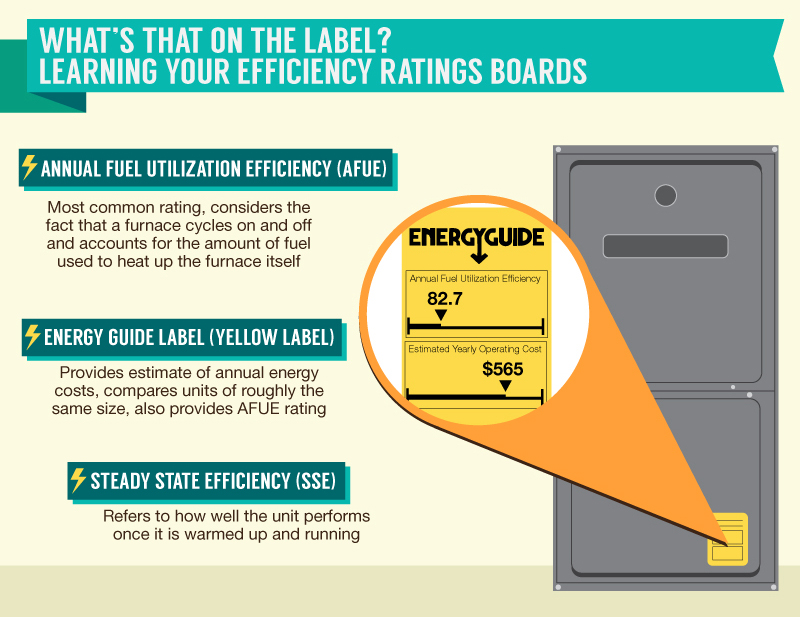
Mastering Indoor Comfort: The Evolution of Energy-Efficient HVAC Systems
Efficiency and sustainability take center stage in the realm of indoor climate control with the advent of energy-efficient HVAC (Heating, Ventilation, and Air Conditioning) systems. This article delves into the advancements and benefits of these innovative systems, transforming the way we experience and manage indoor comfort.
Technological Advancements: A Paradigm Shift in HVAC Systems
Energy-efficient HVAC systems mark a significant technological shift in the field of climate control. Traditional HVAC systems were notorious for their energy consumption and environmental impact. However, with advancements in technology, modern systems prioritize energy efficiency, utilizing smart sensors, variable-speed motors, and advanced controls to optimize performance and reduce energy consumption.
Optimized Heating and Cooling: The Core of Energy Efficiency
The primary goal of energy-efficient HVAC systems is to optimize the heating and cooling processes within a building. These systems utilize advanced algorithms and sensors to adjust temperatures based on real-time conditions. By avoiding unnecessary energy expenditure, they contribute to lower utility bills while providing consistent and comfortable indoor environments.
Smart Thermostats: Precision in Temperature Control
Central to the efficiency of modern HVAC systems is the integration of smart thermostats. These intelligent devices allow homeowners and businesses to have precise control over their indoor climate. Smart thermostats can learn user preferences, adapt to occupancy patterns, and even be remotely controlled via smartphone apps, ensuring that energy is used only when and where needed.
Variable-Speed Motors: Tailored Performance for Efficiency
Traditional HVAC systems often operated at a fixed speed, resulting in frequent cycling and energy waste. Energy-efficient systems employ variable-speed motors that can adjust their speed based on the heating or cooling demands. This not only saves energy but also enhances overall system performance, providing a more consistent and comfortable indoor environment.
Zoning Technology: Customized Comfort for Every Space
Energy-efficient HVAC systems often incorporate zoning technology, allowing users to divide their spaces into zones with individualized temperature controls. This customization ensures that energy is directed only to the areas that require heating or cooling, minimizing wastage in unoccupied or less frequently used spaces.
High Seasonal Energy Efficiency Ratio (SEER): A Key Metric
The Seasonal Energy Efficiency Ratio (SEER) is a crucial metric in assessing the efficiency of HVAC systems. Energy-efficient systems boast high SEER ratings, indicating their ability to deliver more cooling or heating output for each unit of energy consumed. Investing in a system with a high SEER rating ensures long-term energy savings and reduced environmental impact.
Energy Star Certification: Recognizing Efficiency Excellence
Many energy-efficient HVAC systems proudly bear the Energy Star certification. This designation, awarded by the U.S. Environmental Protection Agency (EPA), signifies that the system meets strict energy efficiency guidelines. Choosing Energy Star-certified systems assures consumers of a commitment to environmental sustainability and energy conservation.
Financial Savings: The Tangible Benefits of Energy Efficiency
While the environmental benefits are significant, energy-efficient HVAC systems also translate into tangible financial savings. Reduced energy consumption leads to lower utility bills, providing a return on investment over time. Homeowners and businesses alike can enjoy the dual advantages of enhanced comfort and cost savings with these advanced systems.
To experience the transformative benefits of energy-efficient HVAC systems, visit Energy-Efficient HVAC Systems. Explore how these systems are revolutionizing indoor climate control, offering unparalleled efficiency, comfort, and sustainability.
Conclusion: Redefining Indoor Comfort with Efficiency
In conclusion, the evolution of energy-efficient HVAC systems represents a paradigm shift in how we approach indoor comfort. By prioritizing efficiency, these systems not only enhance comfort but also contribute to sustainability goals and cost savings. As technology continues to advance, the future of HVAC promises a seamless blend of precision, comfort, and environmental responsibility, redefining the way we experience the spaces we inhabit.
